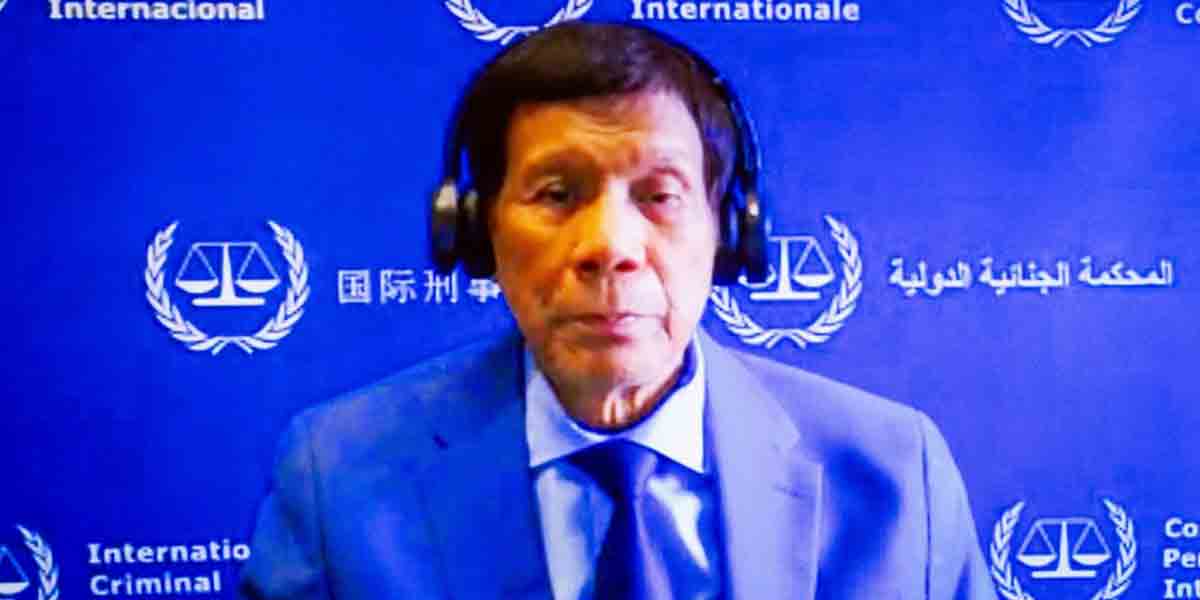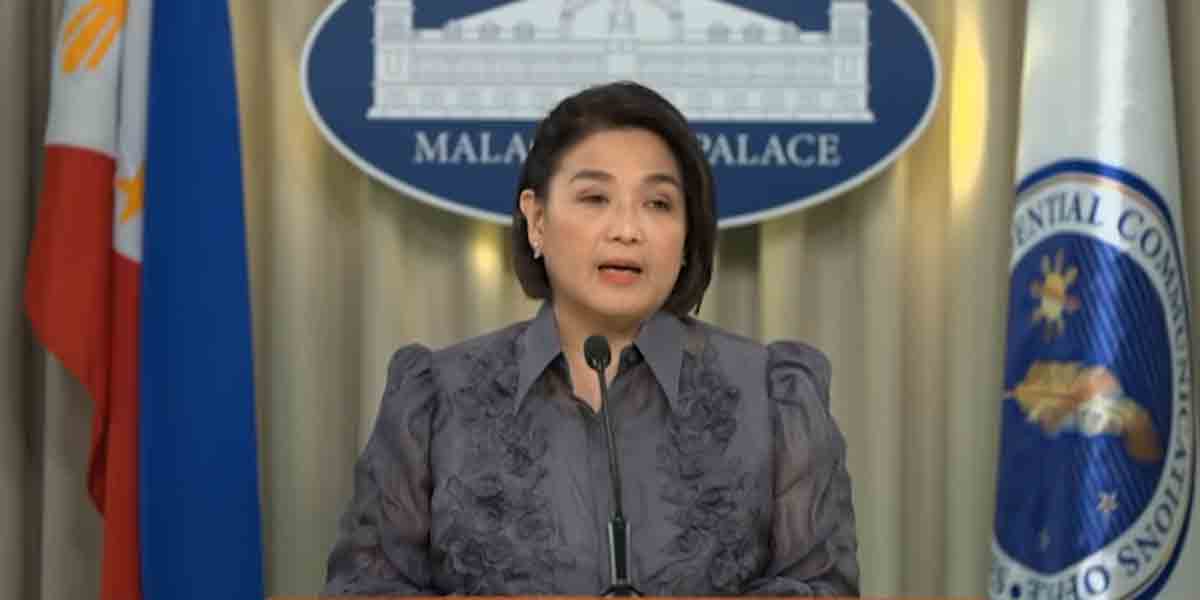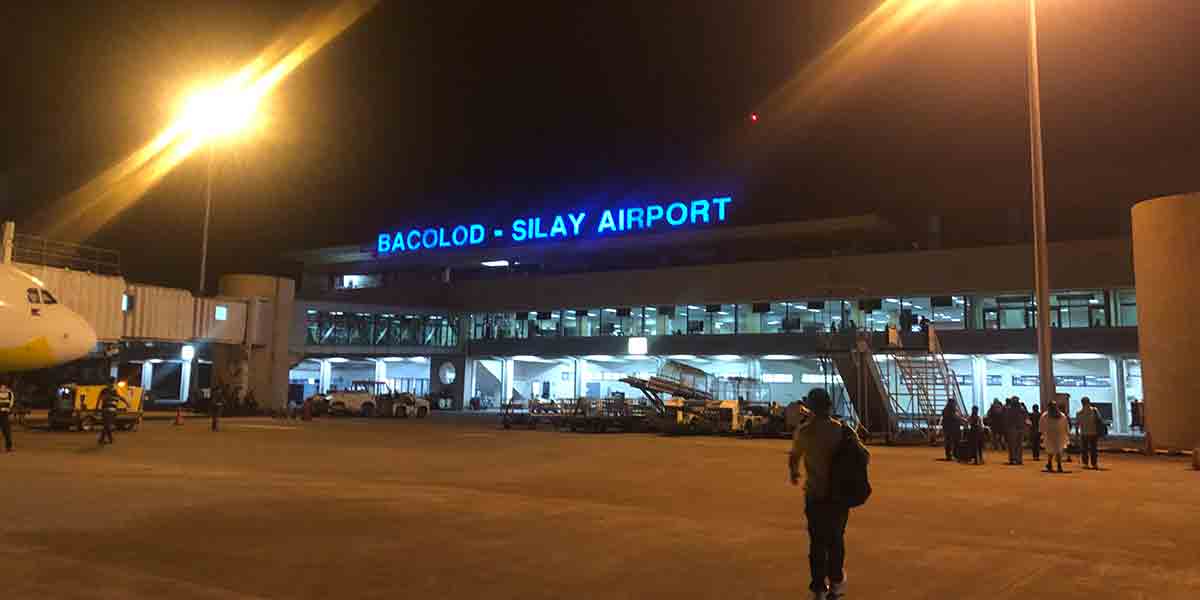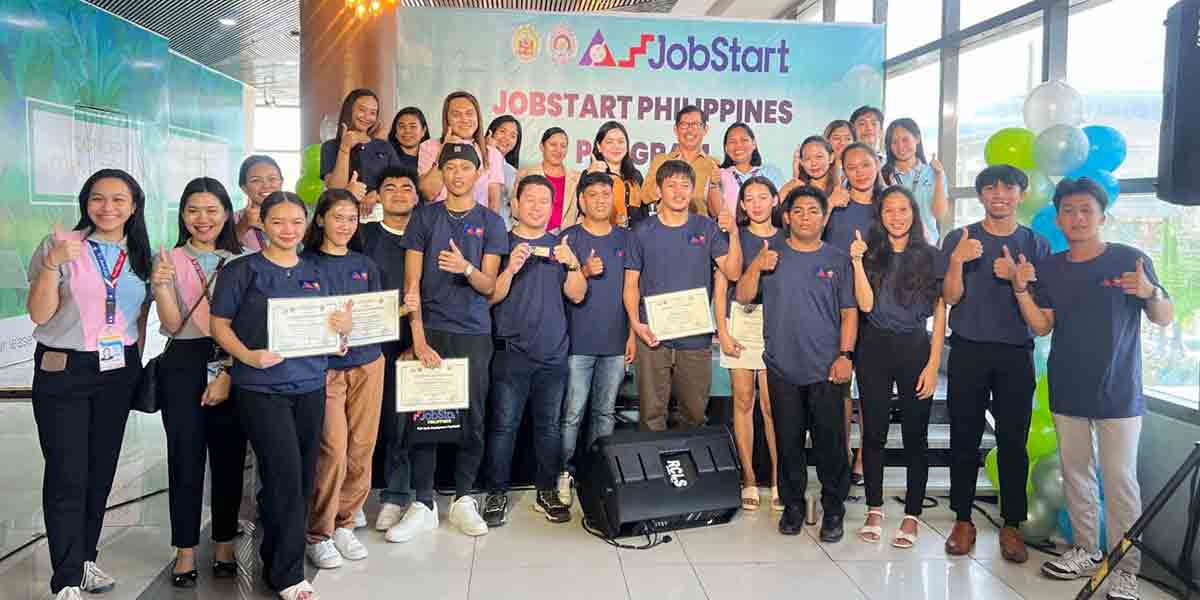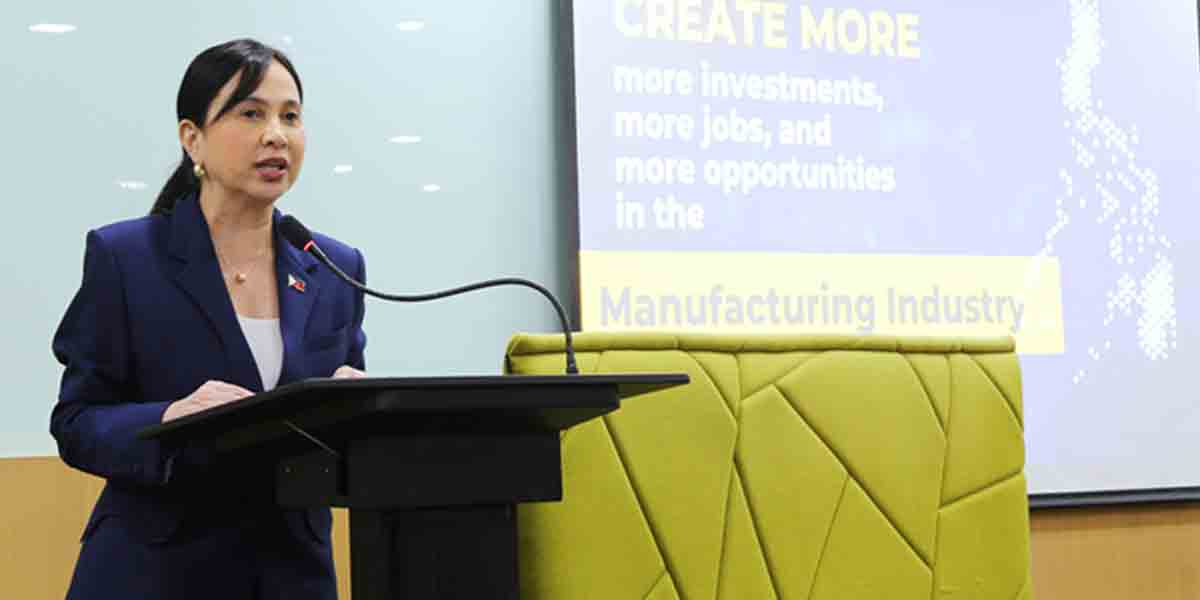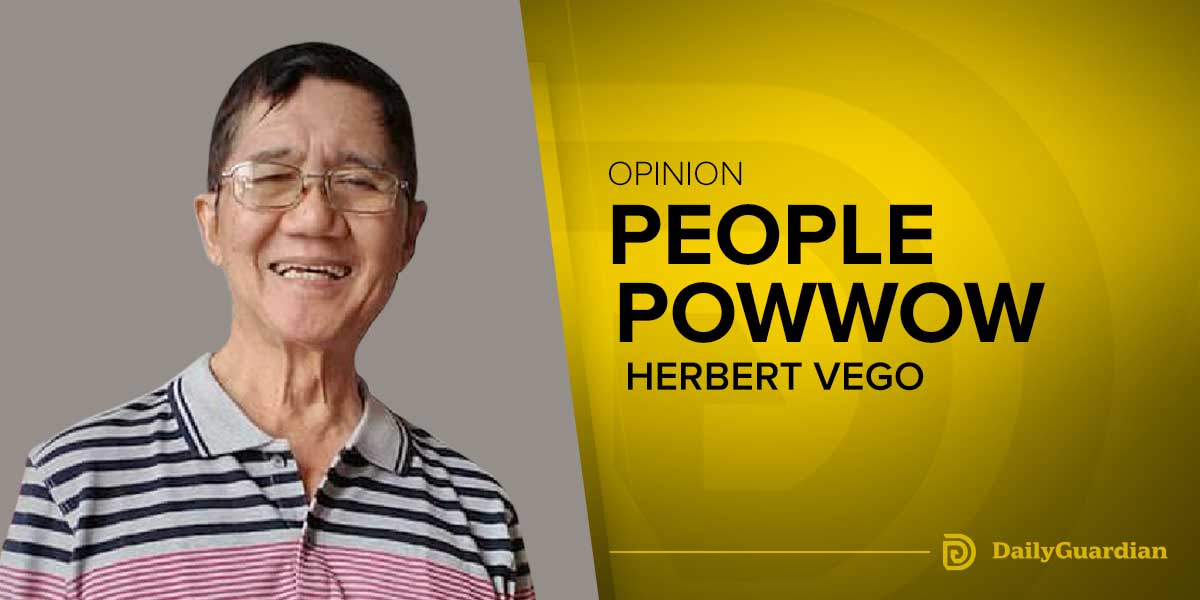By Herbert Vego
THIS writer wonders why the House Quad Committee (Quadcom) investigating the extrajudicial killings (EJKs) and war on drugs during the Rodrigo Duterte administration has not thought of inviting former Vice President Leni Robredo as a resource person.
Lest we have forgotten, former President Rodrigo Duterte appointed VP Leni as his “anti-drug czar” on October 31, 2019 to assist the then Philippine Drug Enforcement Agency (PDEA) Director General Aaron Aquino, in addressing the drug menace.
Robredo must have wondered “why” because, until then, she had been critical of Duterte over summary executions of alleged drug pushers and users.
Nevertheless, she seized the chance to “fix the campaign against illegal drugs”.
Alas, on November 23, 2019 – 23 days after her appointment – Duterte stripped her of her “anti- drug czar” title.
Was it because she would not be a “team player”?
Before getting sacked, Robredo had vaguely hinted about “confidential information” on the war on drugs by disclosing that “most illegal drugs in the Philippines come from China.”
So what?
Take it from then “defensive” Senate President Vicente Sotto III who responded, “The Chinese government has the same headache that we have. Meth precursor substances might be coming mostly from China but it does not mean their government is behind it. We should be careful lest we insinuate such.”
Sotto echoed the statement of PDEA chief Aaron Aquino — Robredo’s co-chair in the Inter-agency Committee on Anti-Illegal Drugs (ICAD) — who had said, “The main source of course depends on the illegal drugs. Meth or shabu in the past were mostly coming from China, but not now. Most are coming from the Golden Triangle region which borders Laos, Thailand, and Myanmar.”
There appeared to be inconsistency in Duterte’s statements on China as a source of shabu.
To prove my point, let us go down memory lane. On August 1, 2019, the Daily Inquirer published a feature story recalling a three-year-old statement uttered by Duterte:
“’Where is the big fish? If you want them, go to China.’ These were Pres. Duterte’s words, referring to big drug lords in July 2016, barely warming his seat as the Philippines’ 16th President after winning on mainly an anti-drug and crime platform.”
It was the day (July 27, 2016) when President Duterte visited military officials at Camp Guillermo Nakar, Lucena City.
Surprisingly, one of the President’s visitors earlier that month – July 15, 2016 — was his kumpare Peter Lim, identified as the leader of a sub-group within the Chinese Triad. Pictures of that meeting appeared on the front pages of Manila newspapers.
“Triad,” according to Oxford dictionary, is “a secret society originating in China, typically involved in organized crime.”
On September 22, 2016, a composite team of Philippine National Police (PNP) and Philippine Drug Enforcement Agency (PDEA) operatives raided a “piggery” at Mount Arayat, Pampanga, where they uncovered an industrial-sized laboratory capable of producing at least 200 kilograms a day of shabu. The raid netted Hong Wenzheng, a 39-year-old Chinese national from Fujian, China.
We therefore thought the PNP and PDEA were capable of bagging Chinese drug lords until a month later (October 2016) during a trip to Beijing when the President announced his “separation” from the United States and declared that he had pivoted to China despite the latter’s refusal to abide by the decision of the United Nations’ Arbitral Tribunal that there was no legal basis for China to claim historic rights to several disputed islands in the West Philippine Sea.
Years before Duterte came to power, five Triad groups were reported to be operating in the Philippines, namely the Big Circle Gang, United Bamboo Gang, 14K Gang, Ghost Shadows and San Yee on. They laundered drug money abroad through the shadowy “Binondo Central Bank.”
The present Triad big bosses – based in Hong Kong, Taiwan and Macau – are believed to be the organizers of large-scale drug trafficking from mainland China.
The Triad’s Philippine connection merited heavy publicity in 1997 during the Fidel Ramos presidency when the police arrested a certain Fred Tiongco in Quezon City, seizing 419 grams of ephedrine and high-powered firearms.
Tiongco’s connections with former Senator Tito Sotto may still be accessed on the internet.
So, too, about another senator named by a civilian police agent Mary “Rosebud” Ong as the “mastermind behind the abduction and summary execution of three wealthy Chinese drug lords in 1999”.
-oOo-
MORE POWER EXPANSION ON THE GO
OVER coffee at Hotel del Rio, MORE Power President/CEO Roel Z. Castro told this writer that “all systems go” as far as the expansion of electricity distribution from Iloilo City to Passi City and 15 towns of the province is concerned.
The three branches of the Iloilo Electric Cooperative (ILECO) had earlier questioned the legality of such expansion that would compete with them.
But the Supreme Court decided in favor of MORE Power’s expansion franchise, stating in an en banc decision: “A franchise, as a privilege granted by the state, is not the exclusive private property of the franchisee. Thus, it must yield to serve the common good, as determined by Congress.”
No wonder power lines are now sprouting in some of the municipalities, notably Pavia and Santa Barbara.
The other expansion areas are Alimodian, Anilao, Banate, Barotac Nuevo, Dingle, Dueñas, Dumangas, Leganes, Leon, New Lucena, San Enrique, San Miguel and Zarraga.
Castro said, “As a public utility, we cannot turn our back. If the people want to receive our service, then we will not deny that.”

